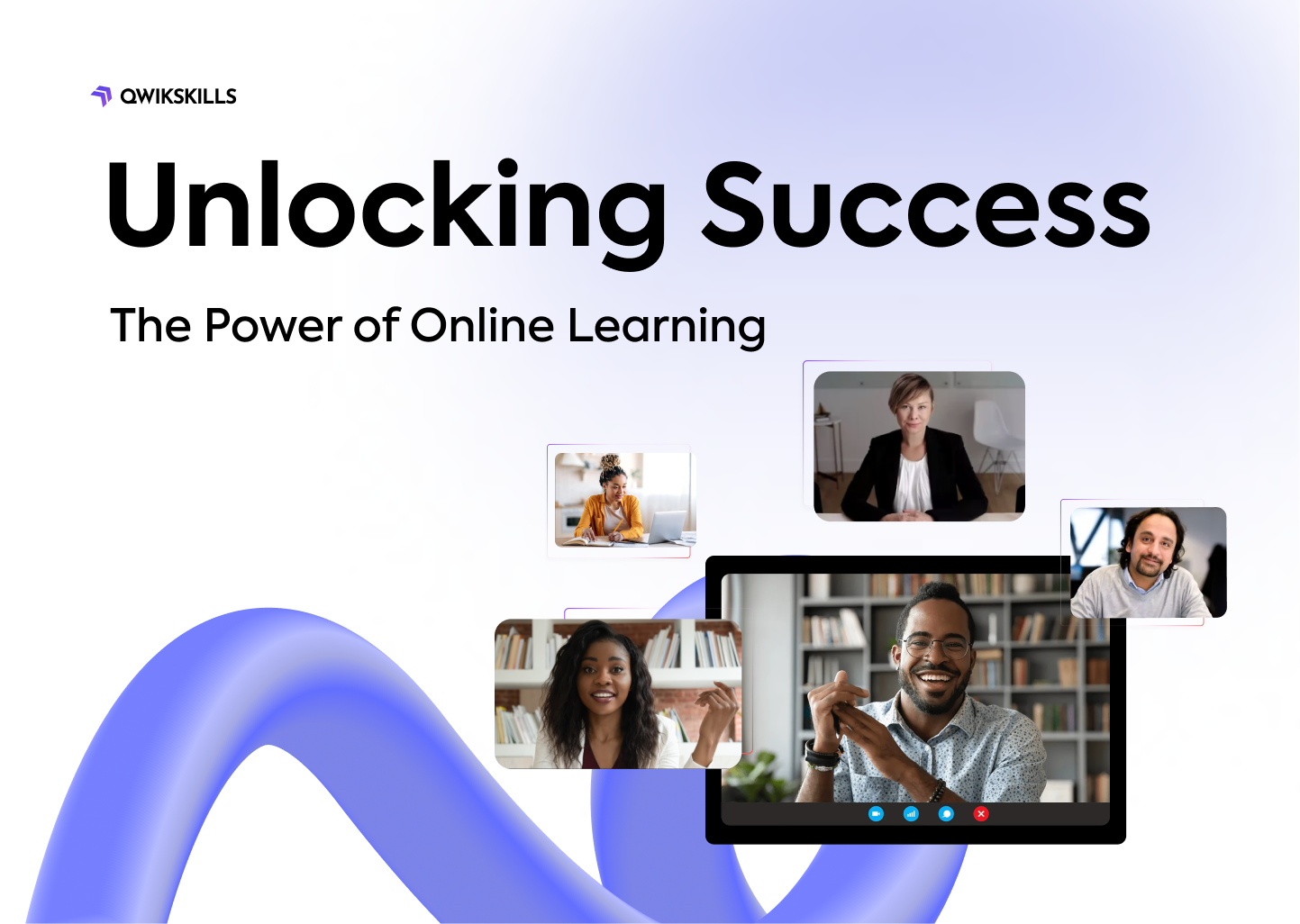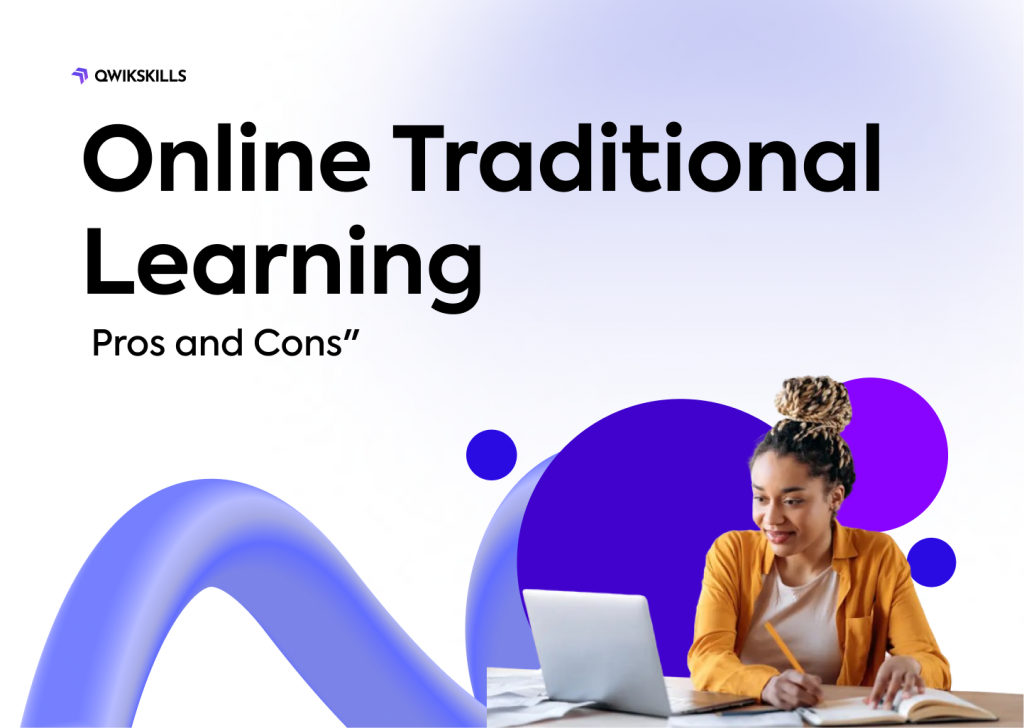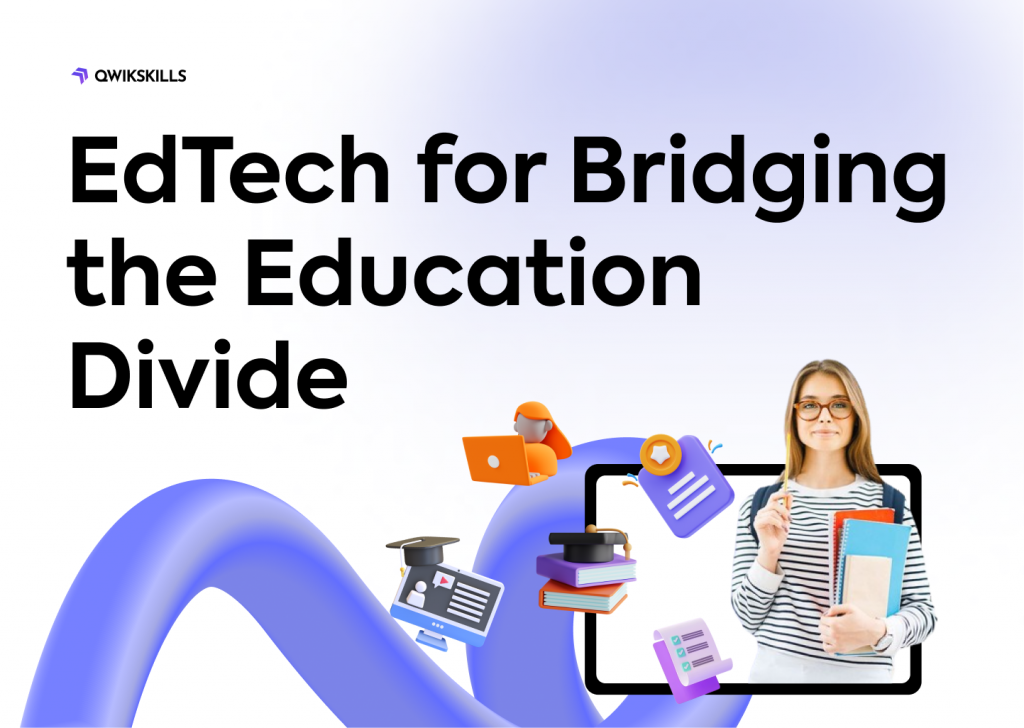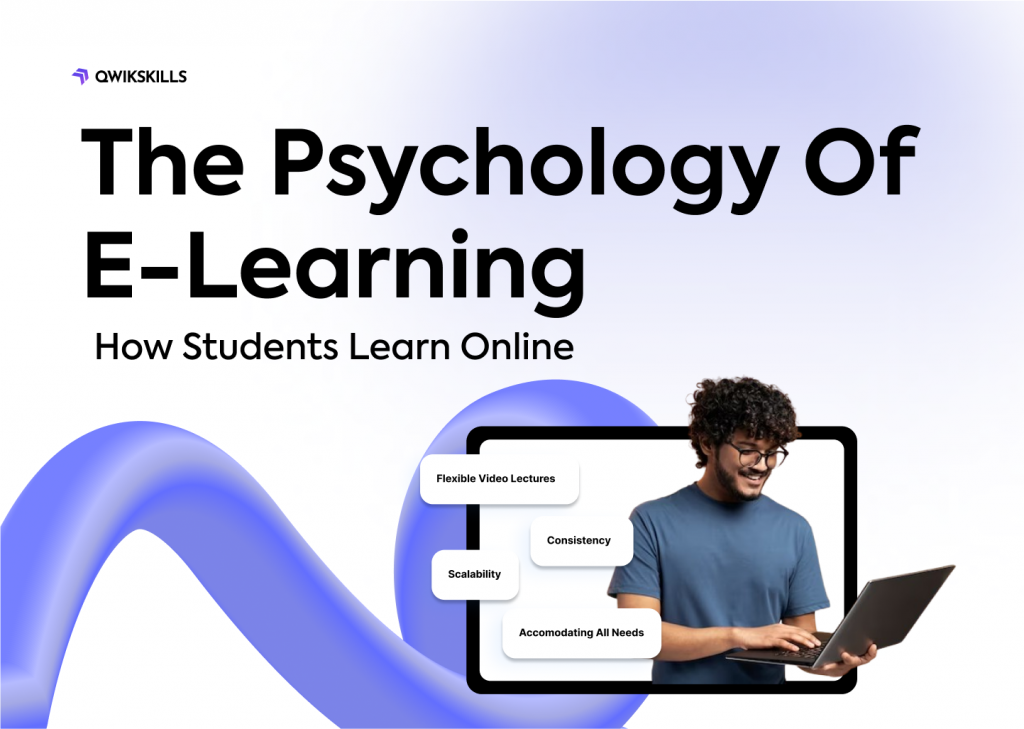Online learning, also known as e-learning or digital education, is a modern form of education that empowers learners to acquire knowledge and skills via the Internet.
Brief Overview of the Digital Age and Its Impact on Education
The digital age, characterized by advanced technology and increased technology use, has radically transformed the world of education. It’s no longer about just textbooks and classrooms; learning has expanded beyond physical boundaries, paving the way to experience a global approach to education, all thanks to the Internet. This advent has presented us with the wonderful advantage known as online learning.
The Benefits of Online Learning
Online learning offers a plethora of benefits for both individuals and institutions. Here, we detail some of the key advantages it brings.
Flexibility in scheduling and location
One of the most significant benefits of online learning is flexibility. You can learn at your own pace and schedule, which helps balance your work and personal life. Even better, you’re not limited by location—you can learn from anywhere.
Access to a wide range of courses and programs
Online learning platforms offer a vast array of courses and programs. Whether it’s a short-term training or a full-fledged degree program, there’s something for every learner.
Lower costs compared to traditional education
Generally, online courses are less expensive than traditional classroom settings. You save on transportation, books and other materials, and can often access course materials for free online.
Opportunities for career advancement and skill development
Online learning opens avenues for career advancement. You can acquire new skills or certifications in your industry, making you more competitive in the job market.
Enhanced learning experience through multimedia resources
Online courses often incorporate multimedia resources like videos, infographics, and interactive modules. These can make learning more engaging and enhance your understanding of complex topics.
Improved communication and collaboration skills
Many online courses require collaboration through digital mediums. This fosters improved communication skills and shows employers you can work effectively in a digital age.
With these advantages in mind, it’s clear that online learning holds the potential to unlock success in many aspects of life and career.
Maximizing Success in Online Learning
Get the most out of your online learning experience by setting clear objectives and establishing productive practices. Here is how you can do it:
Setting clear goals and expectations
Initially, identify what you want to achieve with the course. Whether it’s gaining a new skill or advancing in your career, the clarity of your intentions will keep you motivated throughout the process.
Creating a dedicated study space
Establish a dedicated, distraction-free learning environment to maximize concentration and productivity. This can be a quiet corner in your home, a coffee shop, or any place where you can focus on your tasks without interruption.
Developing time management and self-discipline
Online learning requires substantial self-discipline and good time management. Develop a routine that includes study time, relaxation, and social activities. This balance will decrease the probability of burnout and increase your effectiveness.
Seeking support and building a network
Reach out to teachers, peers, and mentors. They can provide support, guidance, and even job opportunities. Participating in discussion forums and group projects can foster a sense of community within the virtual classroom.
Utilizing technology tools and resources effectively
Understand and effectively use digital tools like webinars, online discussion forums, and virtual libraries can make online learning a breeze. These resources can enhance your learning experience and deepen your understanding of the course material.
Practicing effective note-taking and study techniques
Experiment with different note-taking methods like Cornell Note-taking System or mind mapping to see what works best for you. Revisiting and summarizing your notes regularly can improve information retention and recall.
Overcoming Challenges in Online Learning
In the world of online learning, it’s not all sunshine and rainbows – there are indeed challenges to contend with. However, the silver lining is they can be overcome. Let’s explore how you can deal with these like a pro.
Lack of face-to-face interaction and personal connection
In a traditional classroom setting, you can establish a personal connection with teachers and peers, which may seem missing in online courses. Try participating in interactive sessions, forums, or video calls. Engage yourself in conversations, ask questions, and build a virtual network.
Self-motivation and staying engaged
Staying motivated is a tall order, especially when you’re learning at your own pace. Set tangible goals, follow routine study hours, and reward yourself on accomplishing tasks. Set aside some me-time when you step away from screens and rejuvenate.
Balancing personal and professional commitments
Online learning offers flexibility, but the line between personal and professional life often blurs. Design a strict schedule and stick to it. Be it family time, work commitments, or studies, assign specific hours and maintain that balance.
Technical issues and troubleshooting
Technical glitches can be frustrating, but don’t let them hinder your progress. Familiarize yourself with the technology used, have a network backup, and explore resources for tech help.
Overcoming feelings of isolation and loneliness
Online learning might feel solitary at times. Engage in online group studies, chat sessions or virtual meet-ups. Remember, you’re part of a virtual community that is as real as you.
Dealing with distractions and maintaining focus
The comforts of home can sometimes become distractions. Create a dedicated study space with minimal diversions. Use productivity apps to stay focused.
Remember, every challenge is an opportunity for a stronger you. Embrace the journey of online learning and unlock your way to success in the digital age.
Tips for Choosing the Right Online Learning Program
Deciding to embark on an e-learning journey is one thing, but choosing the right online learning program is another entirely. Here are some tips to assist you navigate through this vital process.
Researching and Comparing Accredited Institutions
Start by researching different online institutions. Note, only consider accredited institutions that meet established standards of quality education.
• Look out for credentials from recognized accrediting organizations.
• Compare their credibility and educational outlook.
Evaluating Program Curriculum and Structure
Analyze the program’s curriculum and structure.
• Alignment of the modules with your learning goals.
• The flexibility and ease of the learning schedule.
Considering Student Support Services and Resources
Consider the institution’s support towards online students.
• Availability of tutors or mentors.
• Access to digital resources such as online books, scholarly articles, and more.
Reviewing Student Feedback and Testimonials
Student testimonials are insightful for understanding the proficiency of a program.
• Look for overall satisfaction, learning experiences, and job placement rates.
Checking for Financial Aid Options and Affordability
Lastly, ensure the program is financially viable.
• Check for any financial aid opportunities.
• Analyze the cost against the value and quality of education offered.
Selecting the right online program is crucial for unlocking success in online learning, and these tips aim to guide you through that decision-making process.
The Future of Online Learning in the Digital Age
Growing Popularity and Acceptance of Online Education
Online learning is gaining increasing acceptance due to the flexibility and convenience it offers. With the ability to learn at one’s pace and time, more individuals are opting for this form of education. The increase also comes from employers, recognizing the validity and quality of online qualifications.
Integration of Emerging Technologies in Online Learning
Technological advancements are taking online learning to the next level. The incorporation of AI, AR/VR, adaptive learning systems and gamification complement the online learning experience making it more interactive, engaging and tailored to individual needs.
Potential Challenges and Opportunities in the Digital Age
Despite the numerous benefits, it comes with its set of challenges like digital literacy, privacy issues, and inconsistent internet access. Nonetheless, these hurdles pave the way for opportunities to create holistic, accessible, and inclusive digital learning platforms.
Predictions and Trends for the Future of Online Learning
The versatility of online learning is envisioned to create hybrid learning models, emphasizing lifelong learning, and encouraging learner-centric experiences. Moreover, the demand for skill-focused courses is expected to rise, propelling a shift towards micro-credentials and short-term programs.
Conclusion
As we’ve discussed throughout this blog, the benefits of online learning are transformative. Not only does it promote convenience and flexibility, but also offers diverse learning materials, promotes self-discipline, and often costs less than traditional education. It further equips you with critical digital skills necessary for today’s digital age.
QwikSkills, at the forefront of this educational evolution, stands committed to providing a diverse range of meticulously designed online courses. As you embark on your journey to unlock your full potential, QwikSkills invites you to embrace the future of learning and redefine success on your terms.




